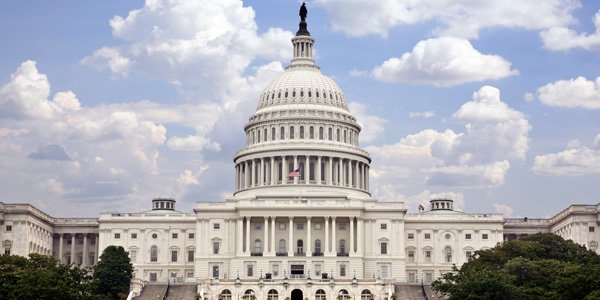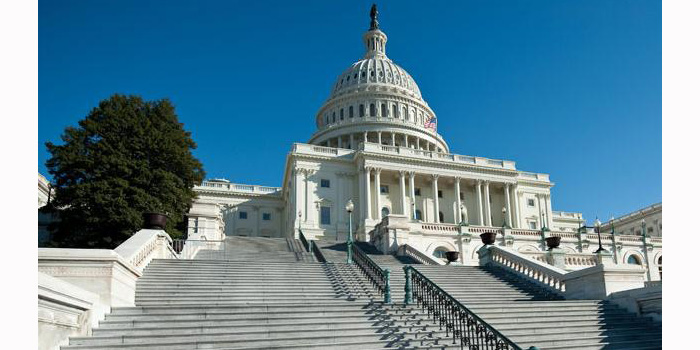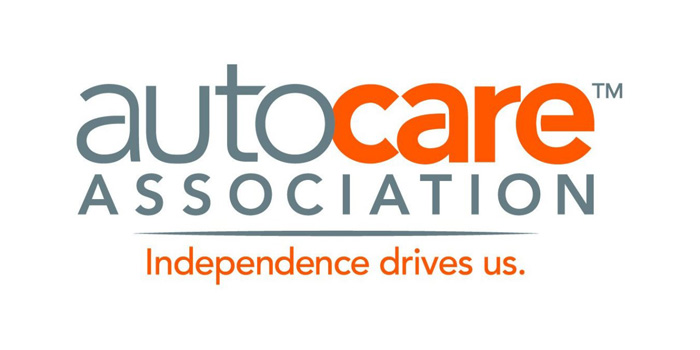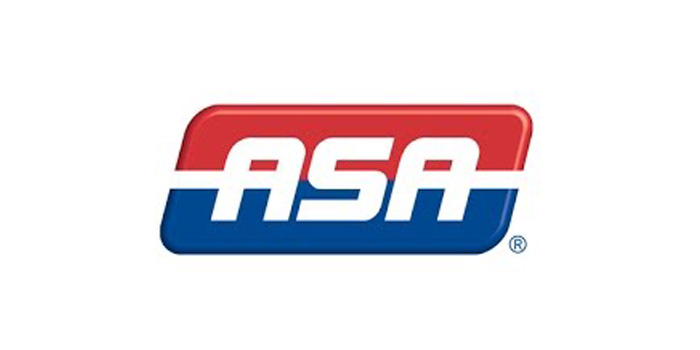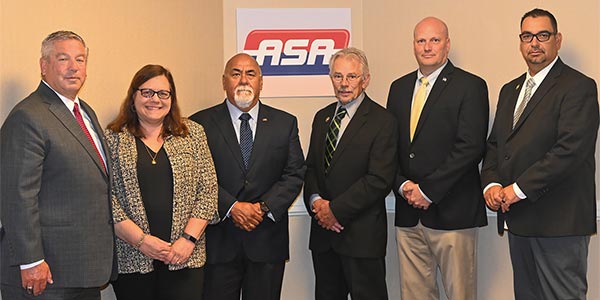The U.S. House of Representatives Committee on Small Business held a hearing titled, “Paycheck Protection Program: Loan Forgiveness and Other Challenges,” to learn about:
- The U.S. Small Business Administration’s (SBA) Paycheck Protection Program (PPP)
- The challenges borrowers and lenders have faced in applying for and using the loans
- Additional suggestions for optimizing the program
The initial PPP provided billions of dollars for small businesses to remain open during the initial phase of business closures due to the COVID-19 pandemic. However, restrictions in the law and a confusing rollout of the program caused hesitation among borrowers.
In response to these obstacles with the program, the PPP Flexibility Act was passed addressing issues such as the 75/25 rule and extending the coverage period during which a loan recipient may use such funds for certain expenses while remaining eligible for forgiveness from eight weeks to 24 weeks, as well as others.
Committees in the U.S. House and Senate have continued to hold hearings on the rollout and implementation of the program as these loans have been critical to the economic recovery of small businesses nationwide.
Eduardo Sosa, senior vice president of SBA Lending at Commerce National Bank, has been in SBA lending for the past 25 years.
“As an experienced lender, I’ve never once fully understood how to make a PPP loan from beginning to end – and still don’t. No one does,” Sosa said in his opening statement. “I wonder sometimes whether even the agencies have it all figured out yet.”
Sosa continued by emphasizing the obstacles faced with the piecemeal forgives guidance that was rolled out by SBA and Treasury.
“I asked thousands of small business borrowers to sign on the dotted line on a contract outlining PPP terms and conditions, and neither myself, nor the borrower, ever knew, or still knows, the exact terms and conditions related to forgiveness or other critical aspects of a PPP loan. Let me stress this point: none of us knew how to achieve forgiveness of a loan centered on the concept of forgiveness when they were made.”
Sosa urged committee members to put “appropriate pressure on Treasury and SBA to deliver to their lending partners and borrowers the most basic starting point of any working relationship – a complete picture of what is expected and required that does not continue to change with the passing of every week.”
In the hearing memo published by the committee, it is noted that in a hearing held by the Senate Committee on Small Business and Entrepreneurship, Treasury Secretary Steven Mnuchin testified that “the names, amounts and other key data points for the PPP will not be published because it is ‘confidential information.’”
Prior to the hearing, House Small Business Chairwoman Nydia Velazquez sent a letter to Carranza and Mnuchin, calling on the administration to begin publishing demographic data on the PPP and Economic Injury Disaster Loan (EIDL) programs.
The letter stated:
For Congress to do its part towards increasing the equitable distribution of these loans, it needs reliable demographic data about who is being approved or denied, at what rates, what funding levels and the time borrowers spend waiting…Given that PPP is a 7(a) sub-program and follows a similar application process, this data should be available for publication as well, and we insist SBA publish it immediately.
In her opening statement Ashley Harrington, director of Federal Advocacy and senior counsel at the Center for Responsible Lending, reinforced this by saying, “The SBA and Treasury did not collect demographic data on the initial application to determine if the lenders prioritized, or even served, underserved markets and businesses… Without the data, it will also be hard to measure the full impact of the PPP and provide the necessary oversight of this $660 billion taxpayer funded lifeline.”
To view the hearing, click here.

